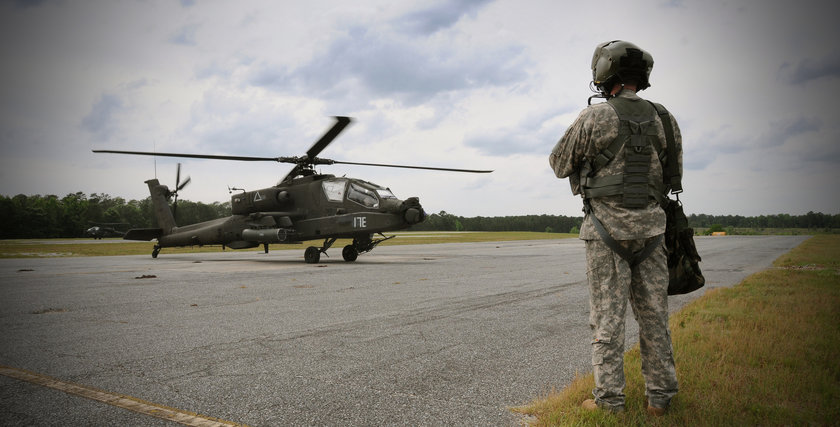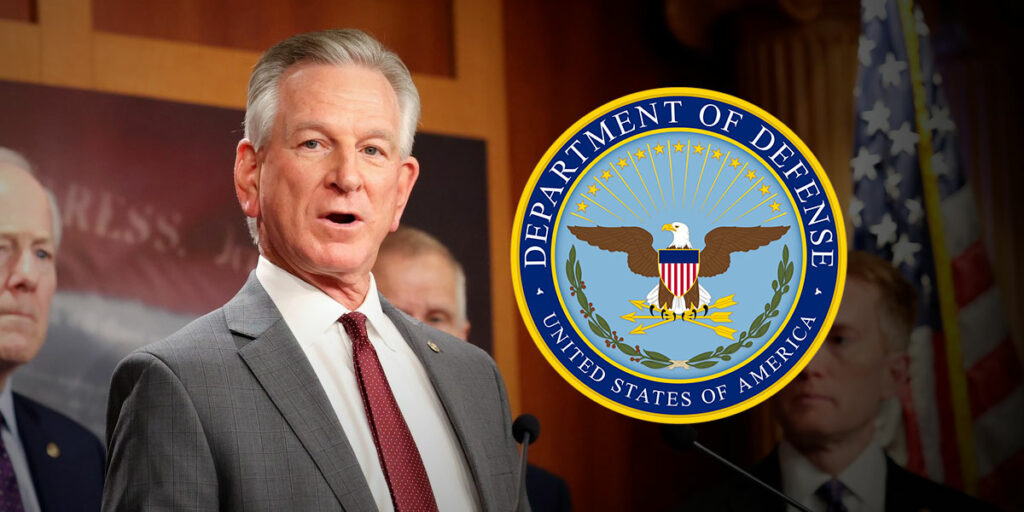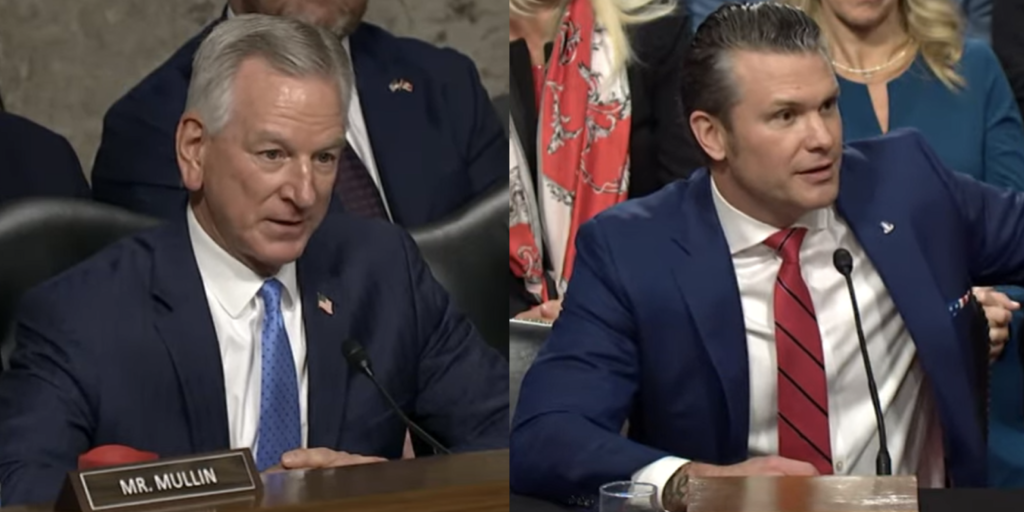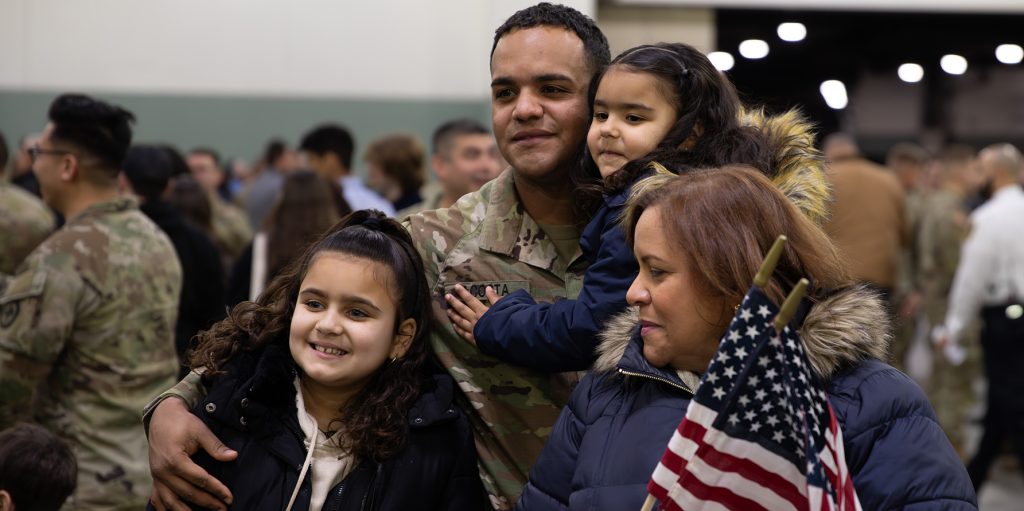
There is no function of Congress more important than “providing for the common defense” of our nation. When our Founding Fathers wrote the Constitution, they made sure to give the Congress substantial influence over the military.
Each year, Congress exerts some of that authority in a bill known as the National Defense Authorization Act (NDAA). This bill lays out the policy and priorities for the Pentagon while also authorizing construction of military equipment and vessels. The NDAA does not actually provide funding, as that is done in a separate defense funding bill.
The NDAA has long been a bill that earns support from both sides of the aisle. Even in today’s era of hyper-partisanship, the NDAA has remained a shining example of bipartisanship. While there will almost always be some differences in opinion, we generally all agree on the importance of supporting our nation’s military.
As a member of the House Armed Services Committee, I have the opportunity to play a key role in the drafting and passage of the NDAA. Just last week, the Committee held an almost nineteen hour markup on the latest version of the NDAA. I wanted to highlight some of the important provisions in this year’s bill.
First, the bill authorizes the construction of three more Littoral Combat Ships (LCS), which are built in part by Austal USA in Mobile. Our military commanders have made clear that the LCS is an important component of the naval fleet, and it fills a critical void in the Navy’s capabilities. I will continue to support this program and the over 4,000 men and women who work at the shipyard.
Next, the NDAA makes some much-needed reforms to the Department’s acquisition process in order to make it less burdensome while still maintaining accountability. The Pentagon currently spends too much time filling out paperwork and going through a bureaucratic process while preparing to acquire new equipment. The NDAA makes reforms that will help streamline that process.
Like any government agency, the Department of Defense should constantly be searching for ways to become more efficient and effective. That’s why the NDAA cuts some of the fat at the Pentagon and ensures money is actually going to our service members. The bill eliminates over 460 mandated reports and calls for a reduction in the Pentagon’s headquarter personnel.
It is more important now than ever before that we are recruiting and retaining the best and the brightest to serve in our military. In that regard, the NDAA calls for a 2.3% pay raise for active duty military. The NDAA also lays the foundation for reforming the military compensation system – by providing additional options to individuals who serve the nation for a period of less than 20 years – while rejecting the President’s efforts to raise healthcare costs for military personnel.
The NDAA also includes provisions related to the ongoing conflicts around the globe. The bill reinforces the mission of the United States against the Islamic State of Iraq and the Levant (ISIL) while also calling on the United States to provide defensive lethal aid to Ukraine in their fight against Russian-backed separatists. Just as important, the bill would prohibit President Obama from closing Guantanamo Bay in Cuba.
These are just a few of the important reforms included in this year’s bill. Ultimately, the Committee passed the NDAA at around 5:00 a.m. last Wednesday morning by a bipartisan vote of 60 to 2. The full House is expected to take the bill up the week of May 11.
It is my sincere hope that we never lose focus on ensuring our sailors, soldiers, airmen, and Marines have the resources they need to defend our country. A capable military is a fundamental requirement for a vibrant democracy, and I will do everything I can to ensure our military remains strong.
Congressman Bradley Byrne represents Alabama’s 1st Congressional District in the U.S. House of Representatives.












